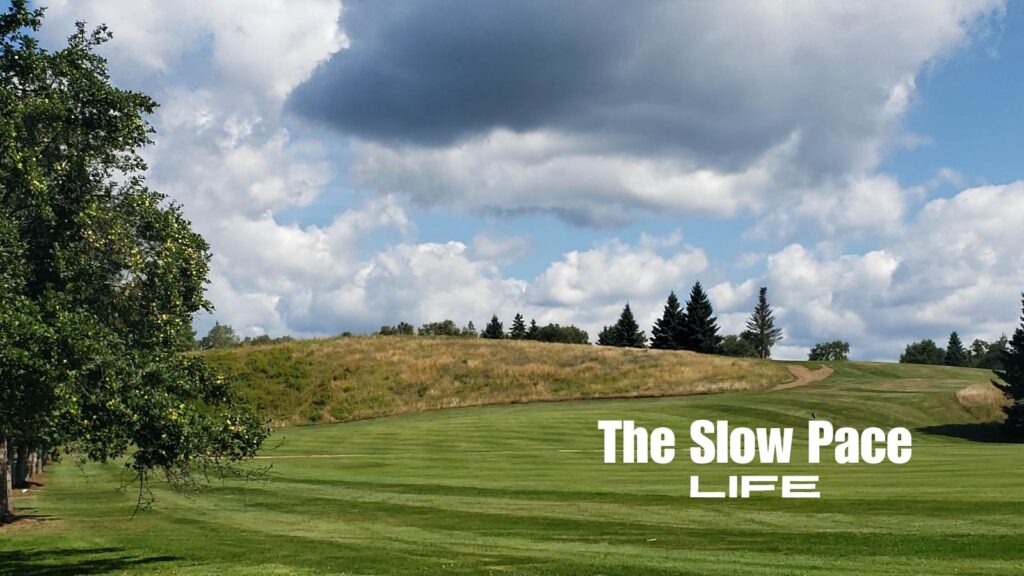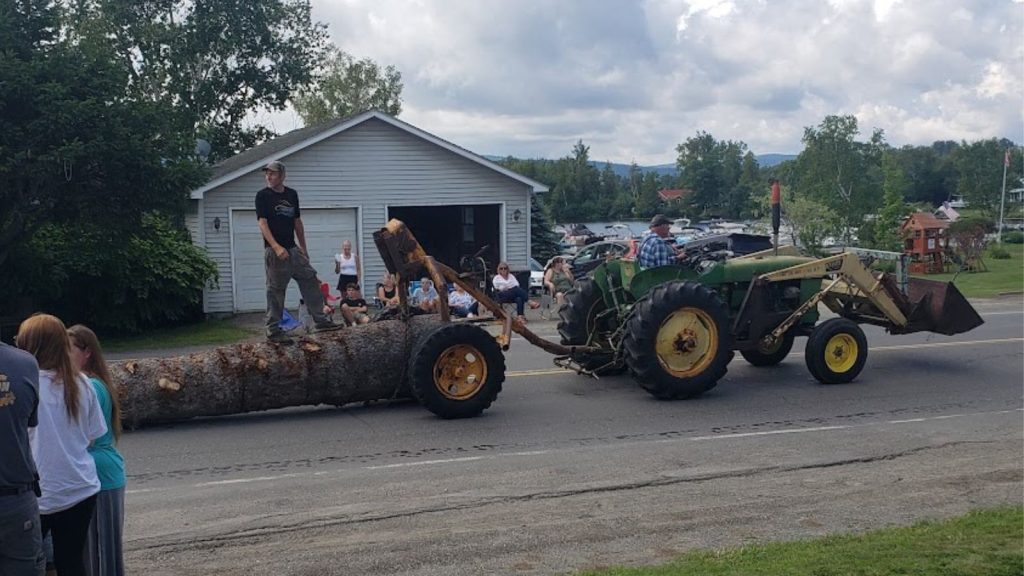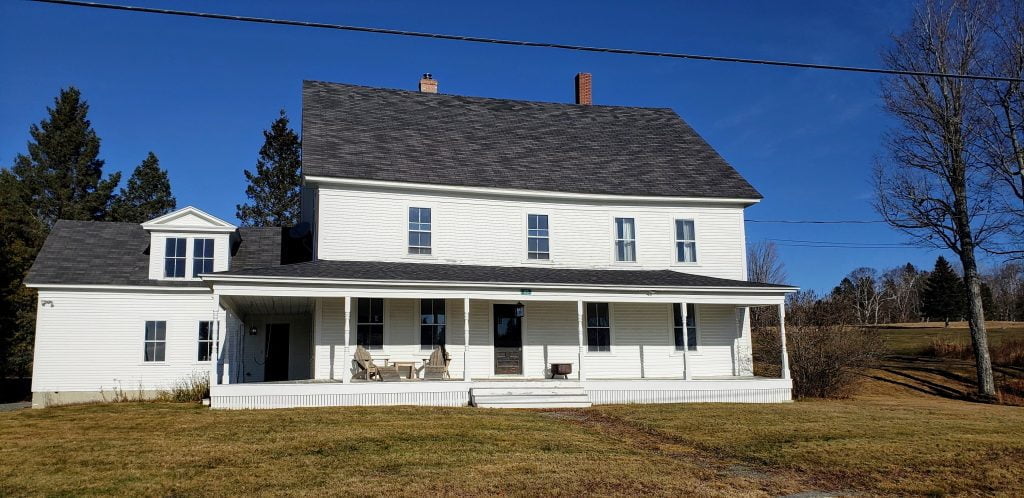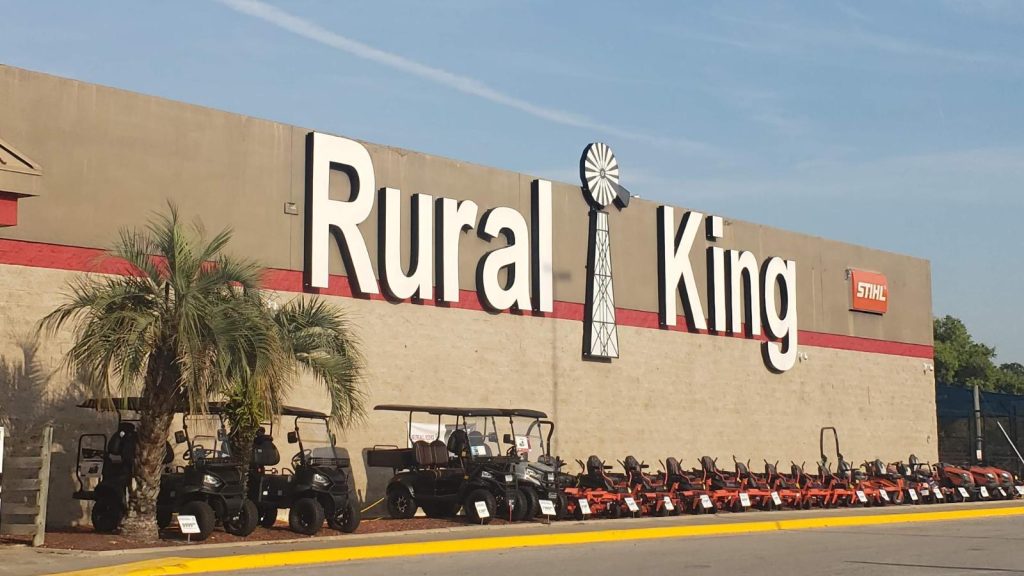At first, moving to a rural area seemed like a great idea. Getting away from the hustle and bustle of traffic and crowds. The clean, fresh air outdoors is an excellent way to breathe at a slow pace of life.
But is the slower way of life going to work for you in a new area of the country? Here are my pros and cons of living in a rural area after 5+ years living in one.
Key Takeaways
- A slower way of life means doing daily tasks without rushing and waiting longer for replies and services in many rural towns.
- The “slow-pace honeymoon” often fades once you need contractors, pest control, or real estate help, and response times drag out.
- Rural life can feel calmer (less traffic and less noise), but it can also test your patience when you need something done on a deadline.
- Running a business in a rural area often means fewer customers, slower growth, and greater reliance on relationships and word-of-mouth.
- Rural medical facilities can have shorter wait times because fewer people use them day to day.
What Does It Mean To Slow Down?
Slowing down means taking your time in everyday activities. From getting up later to slowly eating your breakfast and not watching the clock.
But what if you are still working or have to return to work after retirement?
The Slow Pace Honeymoon
At first, the slow way of living appears to be magical, and you don’t want it to end. It’s like the honeymoon phase of a marriage.
Now, after a while, you get to realize that the slow pace doesn’t always work, even when you need questions answered by a professional in your area. They tend not to call you back right away. Sometimes not even within 24 hours.
I’ve seen it happen repeatedly since we’ve been living in a rural area. I wonder how these people can stay in business? Don’t they want to make money today?
What makes them so lackadaisical? Perhaps because they have lived that way their entire lives and are accustomed to the slower way of living.
Can You Slow Down?
So, if you are going to stay around people who live a carefree life and take their time getting back to you, whether for business or personal reasons, can you slow down to their pace of living? Or will it drive you nuts and make you more anxious with the slow pace of fast change?
Those are the questions you must ask yourself before moving to a rural area.
Our Experiences: Moving at a Very Slow Pace
We have had several examples of a slow pace that have stunned us while living in our rural town.
- Building
- Pest Control
- Real Estate
The first was that it was impossible to find anyone to hire to build a garage. And when you did find them, it took forever at a very slow pace. My husband had half of it built before they began working on it.
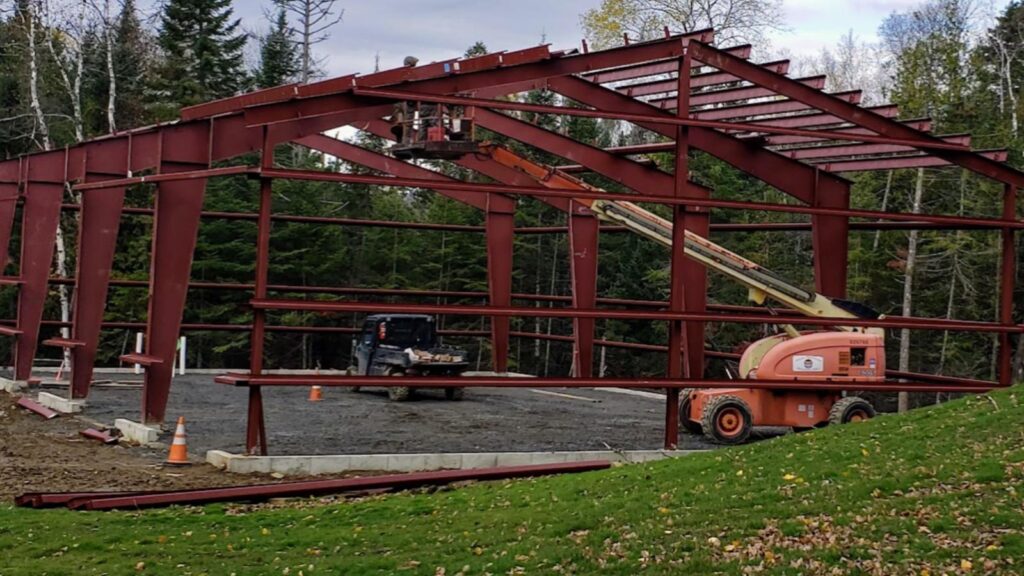
The next slow-paced experience was with our pest control company. The first one took forever to get back to us, and when his son-in-law started his own, we were happy to see him come by rather quickly that first year.
But last year, he never followed up on our calls and texts. Luckily, we didn’t have many Mayflies this year to deal with. This year was different, and we took care of it right away.
I looked at it as we saved the money the previous year instead of spending it on pest control. So the slower lifestyle may sometimes save you money.
Our third example was in the real estate industry. The real estate agents worked at a much slower pace than they did back in our old town in Rhode Island. If you wanted a quote on your home’s value, you would have someone there immediately.
Here, no one showed up to answer our question. One responded only by email, and our home was 5 minutes from their office.
That was shocking. We were in touch with three realtors within 10 minutes of our home, but none of them got back to us.
We ended up using a referral from our agent in Rhode Island, who is from RE/MAX. They are known for their services worldwide. Our home was for sale, but sales slowed down the week we put it on the market. After a year, we took it off the market. We decided to stay put for now.
Even selling houses in a rural area is a slow and time-consuming process, often taking years to complete.
Running Your Business In The Slower Pace of Fast Change
We both still ran our businesses since moving up here until last year. The plan was for retirement, but with the high cost of living, inflation has soared by 20% since we arrived. My husband had gone back to work, while I have remained, not quite at retirement age.
However, last year he retired, as his business was only sustainable for a few months out of the year due to the weather. You can’t run a dump truck in the snow or freezing weather.
If you run a business in a rural area, you may face limited demand and a smaller customer base. It’s crucial to adapt to the local culture and focus on providing exceptional service.
Building relationships and trust takes time, but it can be worth the effort. Word-of-mouth can become your best form of advertising. While growth might be slow, loyal customers can sustain your business for the long haul.
Making It Slower
If you want to live in a slower-paced town, you will need to have more patience. Patience to wait for services and for answers to any questions you may have from a local professional.
The only area we haven’t had to wait is in medical facilities. Fewer people visiting them means less waiting time.
Last year, I had my gallbladder removed, and there was only one other patient at the hospital when we arrived. It was nice to have my room the entire time, and the nurses and doctors were very attentive.
Back in Rhode Island, my last surgery on my arm from an accident was an all-day affair to get into surgery. I was past that point of being hangry.
Conclusion: The Slower Life Option
As with everything in life, there are pros and cons. I wanted to share more cons this time, the slow pace paradox. It has its advantages, but it also has some drawbacks.
The most significant advantage I have observed thus far is the reduction in traffic and shorter waiting times at medical facilities. Those are two essential advantages. Whenever we drive back to our old area, we notice right away the amount of traffic and signage blaring out at us.
I just learned that the state of Maine does not allow for billboards. It makes for a calmer drive around the state, unless it’s tourist season.
What do you think of a slower way of life today? Would you be able to survive it while still working or managing a business?
Frequently Asked Questions About a Slow-Pace Lifestyle in Rural Areas
What does “slow pace of life” mean in a rural town?
In this article, “slow pace” means living with less rushing and less clock-watching, plus longer timelines for everyday services. It can show up in simple routines (like slower mornings) and in practical stuff (like waiting longer for call-backs from local pros).
What is the “slow-pace honeymoon” phase?
It’s the early stage, when the slower rhythm feels both relaxing and exciting, like a fresh start. Over time, the charm can wear off when you need quick answers, quotes, or repairs, and people respond later than you are used to.
What are real examples of slow pace that can frustrate newcomers?
The article shares three: finding someone to build a garage took so long that the author’s husband started the build himself, pest control did not return calls and texts, and local realtors moved more slowly than expected (including not showing up for a value quote even when nearby). These examples show that timelines, communication, and follow-through can be different in rural areas.
Can a slower pace ever be a benefit, not just a drawback?
Yes. The article notes two clear upsides: less traffic and shorter waiting times at medical facilities. It also points out that slower service can sometimes mean you spend less money (like skipping pest control for a year when the company did not follow up).
How do you run a business in a rural area when everything moves more slowly?
Expect a smaller customer base and slower growth. The article recommends adjusting to local culture, focusing on strong service, and building trust over time. In many rural areas, word-of-mouth matters more, and loyal customers can keep you going long term.
